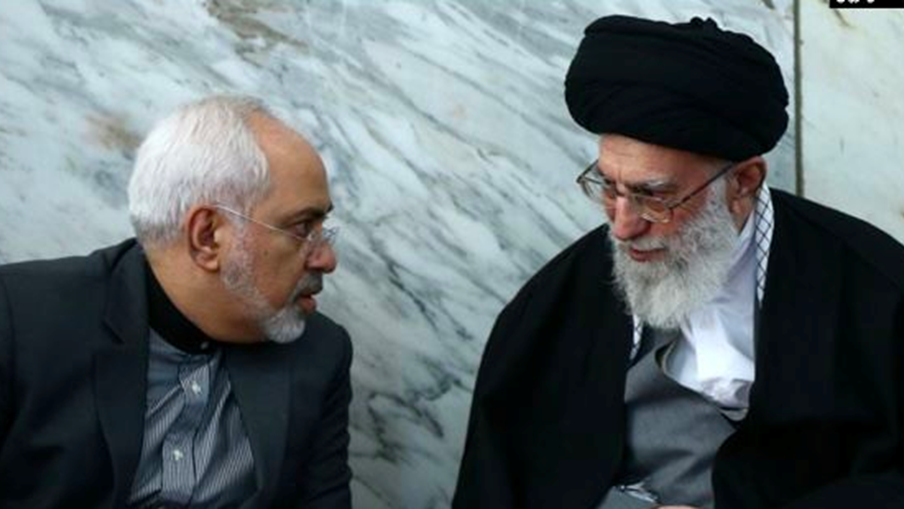This has been updated with additional background.
The U.S. Treasury Department on Wednesday sanctioned Iran’s foreign minister, Mohammad Javad Zarif, saying he acted on behalf of Supreme Leader Ali Husseini Khamenei.
Javad Zarif, Iran’s top diplomat, was designated under an executive order issued in late June against Khamenei and his office. The order also allows the U.S. to impose sanctions on others associated with Khamenei. Javad Zarif led negotiations for the Iranian side of the Joint Comprehensive Plan of Action (JCPOA), the nuclear accord from which the U.S. withdrew in May 2018.
“Javad Zarif implements the reckless agenda of Iran’s Supreme Leader, and is the regime’s primary spokesperson around the world,” said Treasury Secretary Steven Mnuchin. “At the same time the Iranian regime denies Iranian citizens’ access to social media, Foreign Minister Javad Zarif spreads the regime’s propaganda and disinformation around the world through these mediums.”
Javad Zarif learned of his designation while in New York, he told Al Monitor in an interview. “Thank you for considering me such a huge threat to your agenda,” he tweeted in response to the U.S. announcement. Iranian President Hassan Rouhani on Thursday called the sanctions “childish” and an impediment to diplomacy.
Mnuchin had said in June that sanctions on Javad Zarif were coming within a week of the order against Khamenei, but prior to Wednesday’s announcement unnamed administration officials were quoted as saying the Treasury had decided at the time being to hold off on the move.
Javad Zarif, who completed his higher education in the U.S., has been an Iranian official for over two decades. He served in various roles, including as ambassador to the United Nations, before assuming his current position as foreign minister.
“Iran’s Foreign Ministry is not merely the diplomatic arm of the Islamic Republic but also a means of advancing many of the Supreme Leader’s destabilizing policies,” said Secretary of State Mike Pompeo.
The European Union on Thursday expressed regret over the U.S. designation and said it would continue to work with him. “We will continue to work with [Javad] Zarif, as Iran’s most senior diplomat, and in view of the importance of maintaining diplomatic channels,” European Commission spokesman Carlos Martin Ruiz de Gordejuela told journalists in Brussels, according to an AP report.
Though Javad Zarif was sanctioned under the executive order against Khamenei, the Treasury also noted his efforts to support the Islamic Revolutionary Guard Corps-Qods Force (IRGC-QF), which has been sanctioned by the U.S. since 2007 for materially supporting the Taliban and other terrorist organizations.
Iran’s foreign ministry has collaborated with the IRGC-QF under Javad Zarif’s leadership, according to the U.S. Treasury. He participated in and funded efforts to influence elections along with other foreign ministry officials, the Treasury said, and ministry officials attempted to secure the release of two IRGC-QF operatives by making payments to foreign government officials.
The IRGC-QF and its parent organization, the Islamic Revolutionary Guard Corps (IRGC), were designated by the State Department as a Foreign Terrorist Organization (FTO) in April.
The Treasury Department highlighted that implications of the sanctions action against Javad Zarif would entail the blocking of all his property and interests in the U.S. or in the possession or control of U.S. persons. In response, Javad Zarif tweeted: “It has no effect on me or on my family, as I have no property or interests outside of Iran.”
Analysts from the Iran team contributed to this report.
